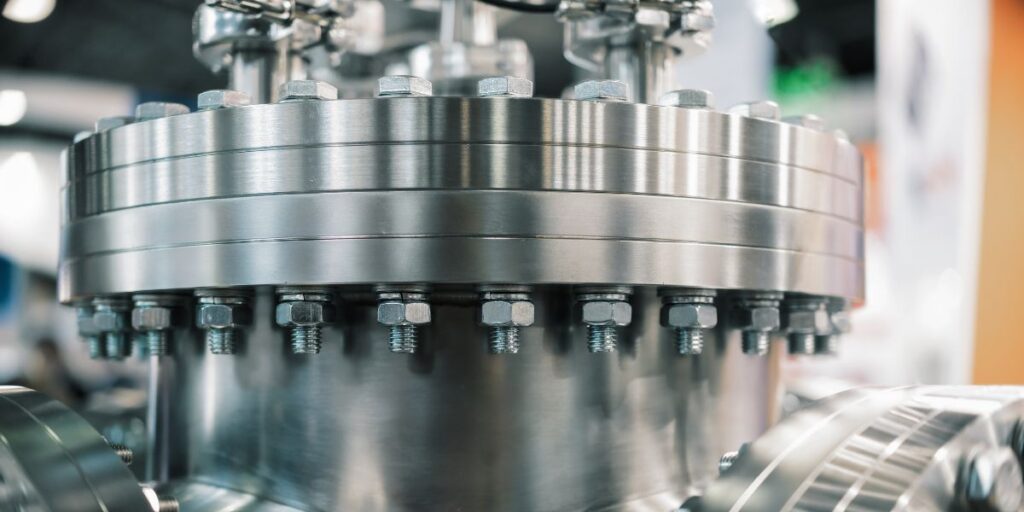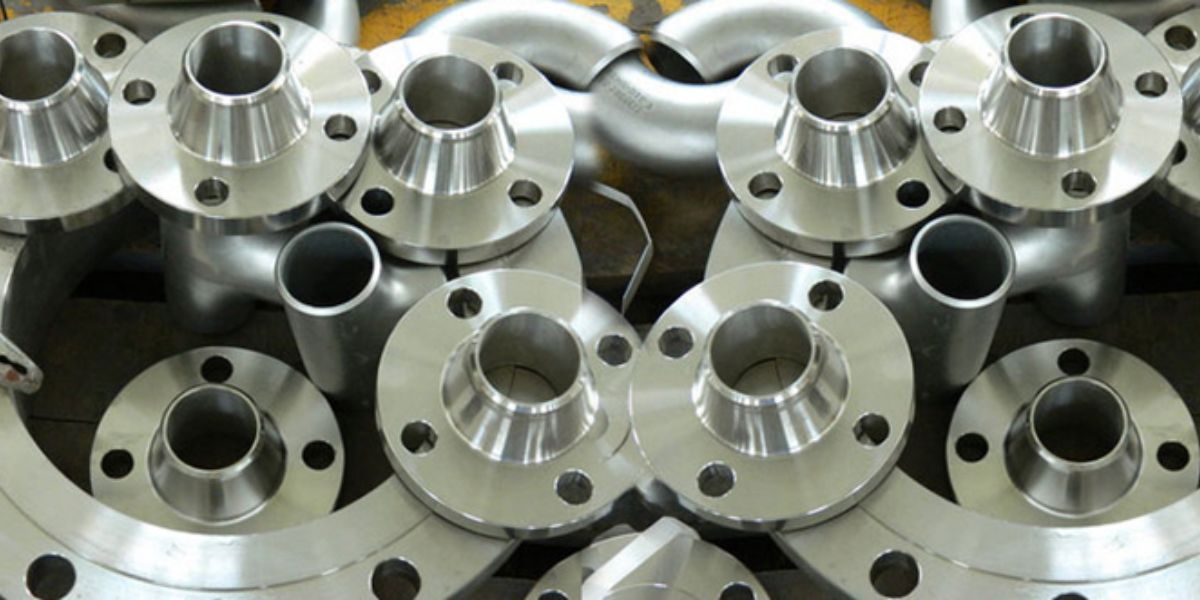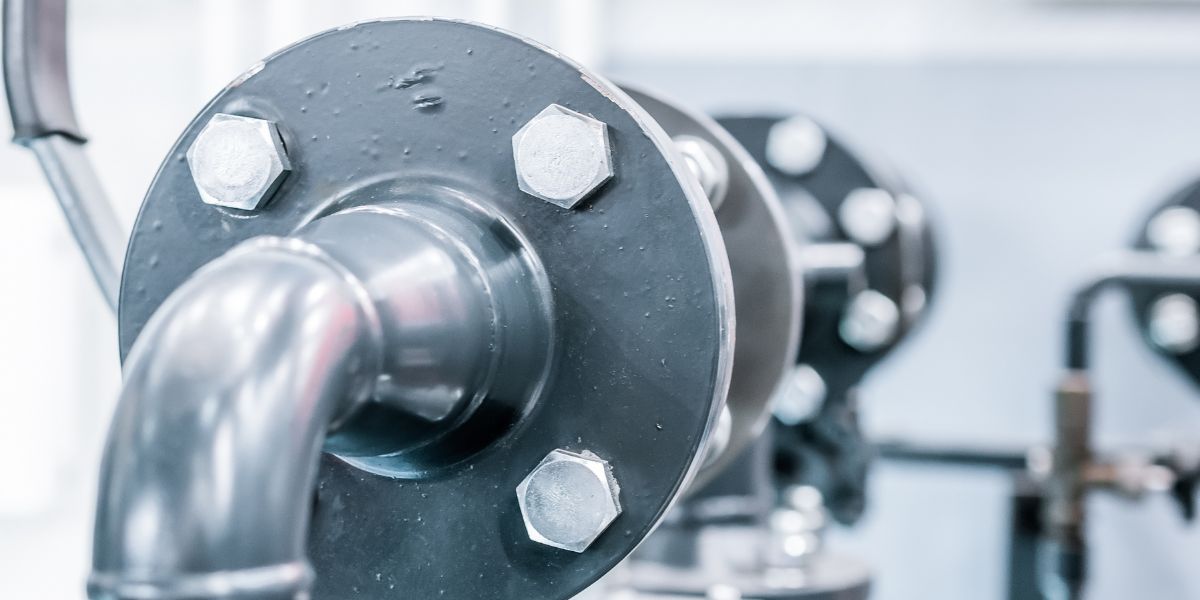Flange Coupling In Industrial Application
The engineering world is filled with components that help in the significant working of machinery. In industrial applications, you must have heard about flange coupling.
Well, these are precision components that transmit power and connect the shafts within several pieces of machinery. It ensures that the power is transferred efficiently from one shaft to another.
Since this tool holds such importance, it is vital to have a deeper understanding. In this article, we will delve into the intricacies of flange coupling, their types, and so on.
Understanding Flange Coupling
Flange coupling is a mechanical device that is designed to connect two shafts. The main purpose of connecting the two rotating shafts is to transmit the torque. The flange faces are perpendicular to the shaft’s axis; this helps in maintaining and aligning the proper positioning of the shaft.
The two flanges are securely connected by nuts and bolts that ensure a reliable and sturdy coupling. The flange alignment is vital for the coupling to function properly; that is why precision components manufacturers ensure that the transmission system is reliable. Since these can handle heavy loads, they are perfect for handling large-scale shafting.
Types Of Flange Couplings
Different flange couplings are available in the market, each designed to suit several operational requirements and applications. Which types of flanges to use depends on the axial misalignment, torque transmission, etc. Some common types are:
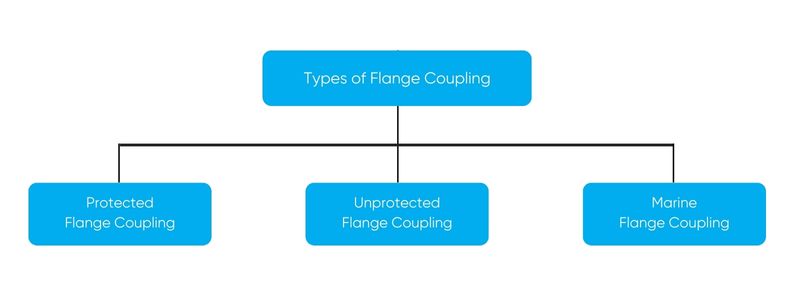
Protected Flange Coupling
These flanges are designed to shield the screws and nuts and absorb the vibration and shock during the operation. This design ensures that the machine operates smoothly and can withstand any harsh working conditions.
They are used in the industry where safety comes as the top priority. For example, if heavy machinery is moving, then all the moving parts must be protected; here, protected flange coupling comes as an effective solution.
Unprotected Flange Coupling
Every shaft has a security key inserted into the main flange, which also changes the keyways of the two shafts and the machine’s main flange. This key can be modified into the keyways of both the shafts. The flanges are then secured with the help of screws and bolts. There are no protective shields or covers.
So, as you can imagine, the coupling is fully exposed, making it vulnerable to moisture, dust, and other external factors. Even though it lacks a protective shield, there are advantages, such as it is easy to install and requires no additional equipment.
Marine Flange Coupling
As the name suggests, marine flange coupling is used in ship propulsion systems and other marine applications. These couplings are designed to be durable and robust to withstand any harsh marine conditions.
In this type, elongated bolts are used without a head to hold the shafts together. Since these shafts must be anti-corrosion due to the marine environment, they are made with non-corrosive material such as stainless steel.
Advantages Of Flange Coupling
Flange couplings offer several advantages in various engineering and industrial applications. Some of the advantages are mentioned below.
- High torque transmission
- Axial alignment flexibility
- Easy installation and maintenance
- Control vibration
- Versatility
- Suitable for both high-speed and low-speed applications
- Rigid and reliable connection
- Reducing the risk of accidents
- Cost-effectiveness
Overall, flange couplings offer a balance of strength, flexibility, and ease of use, making them a popular choice for connecting shafts in various mechanical systems and applications.
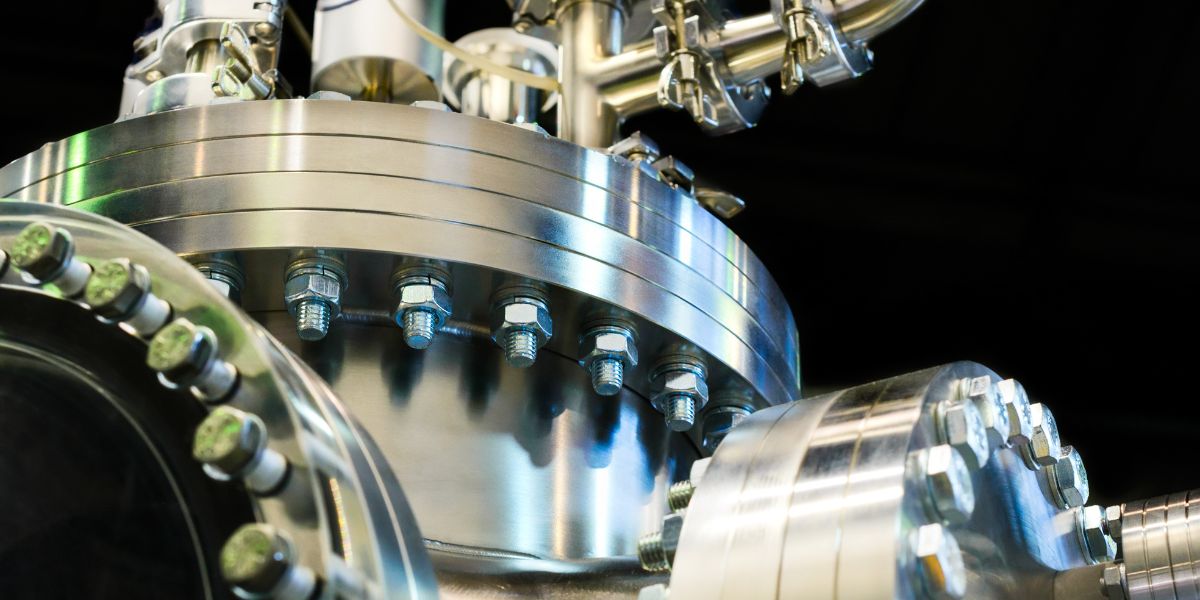
How To Select Flange Coupling For Your Industry?
For proper functioning of the machines, it is vital to select the appropriate flanges. To ensure that you have to consider several factors; below are some points that you must remember:
The Operating Conditions
Firstly, you must consider the pressure and temperature of the system. Since, flanges are made up of different materials such as cast iron, stainless steel, and steel, pick the one that is suitable for the varying pressure and the temperature ranges.
The Compatibility Of The Material
This is a vital factor; you must ensure that the material of the pipe is compatible with the material of the flange. When there is compatibility then it prevents leakage and corrosion.
Consider The Environment
Consider the conditions in which the machinery will operate. For example, if the environment is prone to corrosion, you can use stainless steel flanges or any other corrosion-resistant alloy.
Also, evaluate the safety regulations. To ensure safety, the flange must comply with the safety guidelines, this ensures the integrity of the system and the safety of those working around it.
Consider The Quality
One cannot deny that manufacturing the flange is a precision-oriented process. To ensure that you get the best performance, always opt for high-quality standards. So pick the expert who has expertise in precision component manufacturing, such as Bhansali techno components. With their advanced machinery techniques, quality measures, and control, you get a product that meets the industry standard.
So, whenever you choose the manufacturer for flange coupling, always go for a reliable flange manufacturer that can guarantee you high quality.
Flange Coupling Used In Industry Applications
Till now, you must have a thorough understanding of what is a flange coupling, its types, and how to pick one; however, do you know that flange couplings have applications in a wide range of industries, be it manufacturing, aerospace, etc? Below are some applications, check it out:
Marine Propulsion Systems
As you have seen above, flange couplings are used in marine propulsion systems and connect the engine to the propeller shaft.
Pumps And Compressors
They are used to connect the motor shaft to the compressor rotor. It ensures that the power and rotational motion are transferred efficiently.
Industrial Gearboxes
In various industrial machines, gearboxes utilize flange coupling to connect the output and input shafts.
Chemical Plants
In chemical processing plants, flange coupling is used in mixers, pumps, etc. The primary aim is to transmit the power between the shafts.
Aerospace Industry
In the aerospace industry, flange couplings are used in jet engines, power units, etc. They help in efficiently transferring the power between the critical systems.
Apart from these applications, flange couplings are also used in renewable energy systems, the food and beverage industry, the oil and gas industry, etc. All these applications ensure the versatility these flange couplings offer.
Summing Up For Flange Coupling
It plays a crucial role in several industries. They perform a vital function of transferring torque efficiently between shafts. Different types of flanges have different functions, and they can easily cater to different operational requirements. Since technology is evolving at a fast pace, the flange coupling role in several industries will grow. So, follow the tips mentioned above in choosing the flanges and get the best performance.
